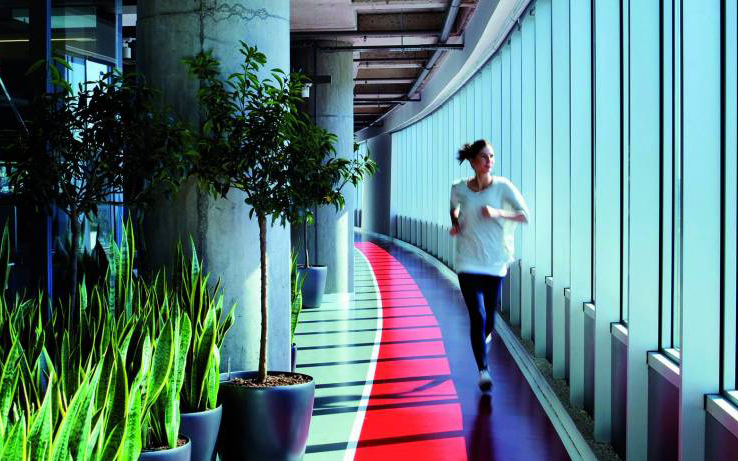Welline: Wellbeing and Indoor Environment

30 April 2009
Welline is a network project focusing on how the indoor environment influences chronic disorders affecting the musculoskeletal, cardiopulmonary and nervous systems, amongst the most prevalent conditions found in the older population. The project used the DPSEEA model as a framework to produce maps of the links between lifelong indoor environmental factors and chronic disorders affecting musculoskeletal, cardiopulmonary and nervous systems in later life. The network included academics, practitioners and policy makers.
- People
PIs: Jon Ayers (University of Birmingham)
Co-Is: Marcella Ucci, James Goodwin (Help the Aged) and Isabella Myers (Health Protection Agency, seconded from Imperial College
- Output
The principal activities undertaken by the WELLINE network were the hosting of three workshops and the establishment of a website to disseminate the outputs from the project. In addition, a research proposal based on the outcomes from the project was submitted to LLHW III (unsuccessful). The first two workshops looked in detail at respiratory and cardiovascular illnesses and musculoskeletal and neurological disease in relation to the domestic indoor environment, with a focus on what makes these conditions better or worse and what initiates them.
The workshops included talks about the conditions from both medical practitioners and sufferers, to give delegates an insight into their causes, worsening factors and impacts. The method used at the workshops to identify linkages between the indoor environment and health effects was based on an approach known as DPSEEA - Drivers, Pressures, State, Exposure, Effects and Actions. The chains of relationships that were developed facilitated the identification of specific actions to improve outcomes or reduce adverse effects, and also helped determine possible knowledge gaps. The aim of the third workshop was to share the findings from Workshops 1 and 2 with a broader audience and gain consensus on the principal conclusions and research recommendations.
Delegates attending the three workshops were from a range of organizations and backgrounds, both expert and ‘lay’. A total of 68 delegates attended the workshops (47 different individuals), with a core group of 6 WELLINE project team members attending all three workshops. A proportion of the participants were previously unknown to many of the core group because the specialisms from which they came were not normally directly associated with the work of members of the core group. A number of attendees at the 3rd workshop highlighted in their evaluation form that the workshop had afforded them the capacity for networking opportunities.
- Impact
The Workshops enabled collaboration between stakeholders such as Age UK and the Thomas Pocklington Trust.
The output from the workshops was provided to Health Scotland, contributing to the Good Places, Better Health initiative.
- Links
For further information please contact: Marcella Ucci
 Close
Close

